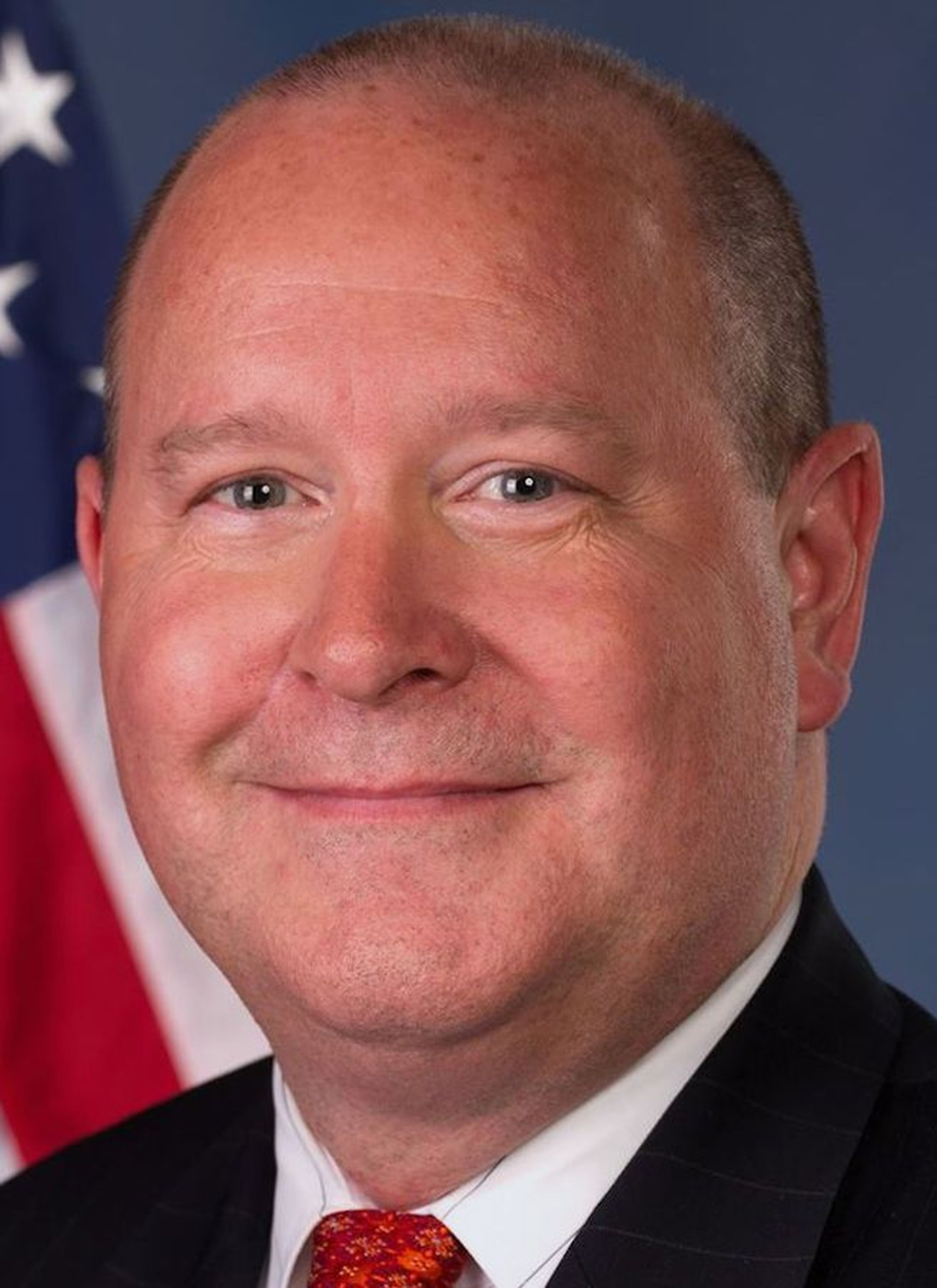Savior. That word was on my mind this morning. So I looked it up in Merriam-Webster's online dictionary. The first definition of the word is "one that saves from danger or destruction." So in this sense, a "savior" could be any number of people, animals or even things. Firefighters who run into collapsing buildings, pulling victims out of harm's way. Police officers who risk their lives diffusing conflict and answering 911 calls. Military personnel who save us in ways we will probably never understand or know. Vaccines that prevent and cure devastating diseases. And even dogs because they can sniff out bombs and heart attacks, epileptic seizures and cancer.
Under this definition, the word "savior" has a broad meaning. But these "saviors" — as wonderful and needful as they are — can only save our lives. That sounds weird, doesn't it? It's OK. I thought the same thing when I wrote it and read it.
It's true though. Firemen, police officers, military personnel, dogs, even vaccines can only save our lives. They can prevent "danger or destruction" here on earth, as Mr. Webster said in his dictionary, but what about our lives after this earth? What about after death? Can these "saviors" do anything about that?
Nope.
Well, I know you know where I'm going with this, so I'll just jump right in. Merriam-Webster has a second definition of savior, but I think it probably should be the first: "one who brings salvation, specifically, capitalized: JESUS."
Mr. Webster probably got his information from the angel announcing the birth of Christ to the shepherds: "Then the angel said to them, 'Do not be afraid, for behold, I bring you good tidings of great joy which will be to all people. For there is born to you this day in the city of David a savior, who is Christ the Lord,' " (Luke 2:10-11).
Now, this savior — the Christ — is set apart from all others, for he can do something that no other savior can do. Jesus "saves from danger or destruction" in this life and the life to come. He saves both ways.
What in the world does that mean — he saves in both ways, life and death? You mean he's not just our savior after we die?
Again, nope.
John 3:16 tells us that Christ came to give eternal life to those of us who believe in him. But John 10:10 tells us also that Christ has come that we might have "life and have it more abundantly."
I really need to think more about this word today. So I think I'll sit a little longer with the father, pondering what it means for Christ to be my savior. Then, I know I will need to act on what I come to understand.
We might all need to do this. Maybe you and I might need to do a better job of thanking our "saviors" of the first definition. They risk their lives, sometimes on a daily basis, to save ours. They elevate our importance by disregarding their own safety. Maybe we need to let them know we are aware of their sacrifice.
I also think we might need to remind ourselves of the savior in the second definition and thank him. For without Christ, the full definition of the word "savior" is not complete.
I'm glad Mr. Webster knew that.







